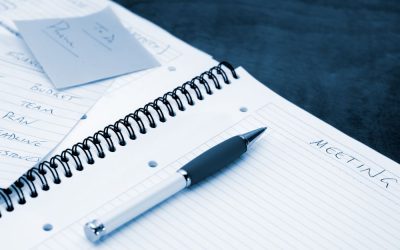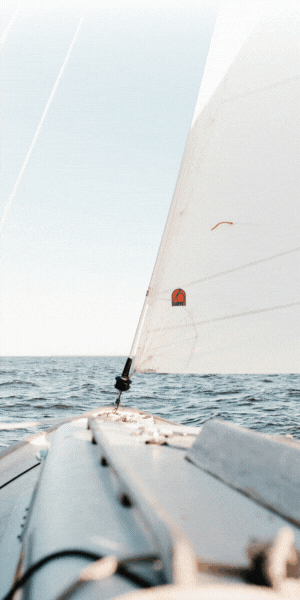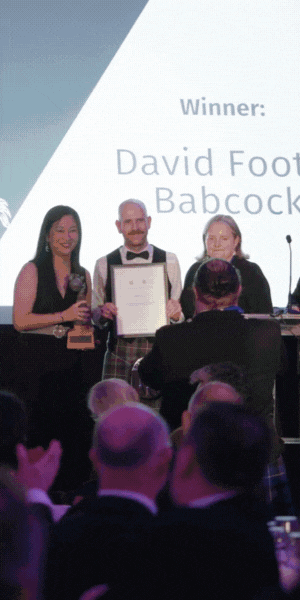The Naval Architect January 2021 – Green Shipping supplement

BC is a short-lived potent climate pollutant, with a 20-year global warming potential 3,200 times that of CO2. As such, the ICCT is primarily focused on what could be accomplished in the short and medium-term to combat BC emissions. Suggestions include a requirement for using shore power in ports or encouraging the disputed approach of slow steaming. But the most immediate measure he offers is a voluntary switch away from HFO to MGO.
Draft amendments to MARPOL Annex I, submitted at MEPC 75 in 2020, do propose a HFO ban in the Arctic. It would cover the use and carriage for use of oils with a density at 15°C higher than 900kg/m³ or a kinematic viscosity at 50°C higher than 180mm²/s.
Current plans see the ban coming into effect on 1 July 2024 with waivers and exemptions applicable until 1 July 2029. However, these loopholes (waivers to ships flying Arctic flags within their flag state’s waters and exemptions for ships with protected fuel tanks) prevent the HFO ban from having an optimal effect on emissions, Comer comments.
“Whereas if the ban were implemented without those exemptions and waivers you would reduce BC emissions in the Arctic by 30% and this is because of the ships that would have switched from HFO or VLSFO to MGO. Those HFO-fuelled ships would have reduced their emissions by 44%, and because there are already ships that are operating on MGO in the Arctic, the overall effect would be a 30% reduction in BC emissions in Arctic shipping.”
With it looking likely that the draft HFO ban will be adopted with those loopholes in place at MEPC 76, Comer comments that the best-case scenario would be bringing forward the proposed coming into effect dates of 2024 and 2029.
The switch away from HFO and VLSFO to MGO is a good start and has immediate benefits, but burning MGO still emits BC, and Comer says the next step would be considering other technologies, such as Diesel particulate filters (DPF).
However, he stresses that ICCT would rather not recommend one single solution, instead a holistic BC engine emissions standard that ensures adoption of BC abatement measures and accounts for ships opting for alternative fuels in the future.
Comer explains: “ICCT wants to make sure that we set a BC emissions standard for ships or ship engines that reflect real world operating conditions. When you do that, and if you set it at a stringent enough level, it will ensure that types of technologies, like DPFs which can really only be used with high quality MGO, are adopted.”
“If we can get the HFO ban implemented sooner and, in the meantime, develop a BC emissions standard that applies to all ships, then we can really start reducing BC emissions in a meaningful way in the Arctic,” he adds.
Barriers preventing BC emission policies and corresponding reductions include the slow development of regulations like the HFO ban, but Comer also highlights the absence of a standardised measurement protocol.
IMO’s ongoing work for defining, measuring and controlling BC emissions in ships has already made some progress towards this, aided by ICCT’s annual BC workshops. Notably, IMO accepted the Bond et al. definition of BC in 2015, as proposed in ICCT’s first workshop and the sixth ICCT workshop, held in 2019, identified six BC control policies, but Comer comments that ICCT are unlikely to arrange further meetings: “We’ve made the recommendations, now we just need IMO to act.”
Concrete proposals for BC control measures have been invited to PPR 8 in March 2021, but Comer believes this is unlikely to yield results: “I’m not that optimistic that a member state is going to put in a BC control policy idea. If they did, there would be an opportunity to make progress at MEPC 77 in November 2021, when IMO is supposed to take a policy decision on BC. But if there’s nothing going to PPR 8 there’s nothing to discuss at MEPC 77.”
Instead Comer anticipates that the next step will likely emerge from a newly established Canada-led international working group, which aims to develop a standardised measurement, sampling and conditioning protocol for measuring BC emissions from marine engines.
But for the entire global shipping fleet to reach zero emission vessels, work must also continue on emission standards, energy efficiency regulations and incentives towards propulsion that avoids fuel burning, such as wind, Comer says. He stresses that, ultimately, ICCT’s long-term goal isn’t MGO-fuelled ships, but decarbonisation policies that force a shift toward low or zero lifecycle emission vessels, which will simultaneously reduce BC emissions.
For the full article please see The Naval Architect's Green Shipping supplement.



